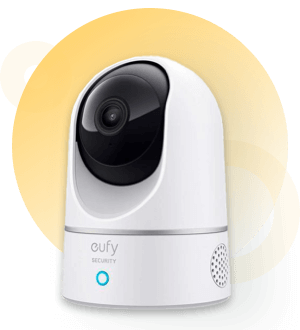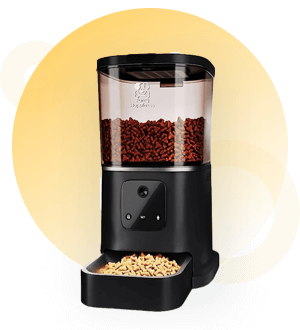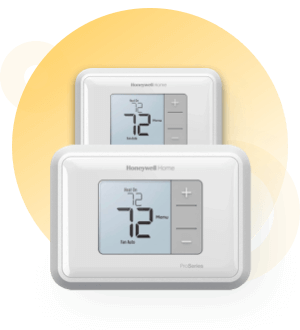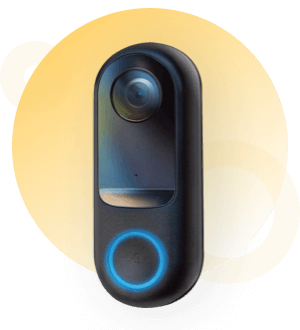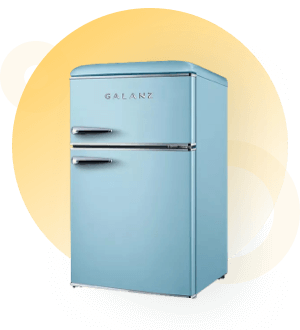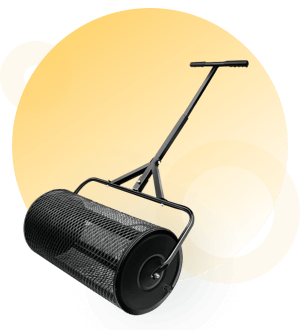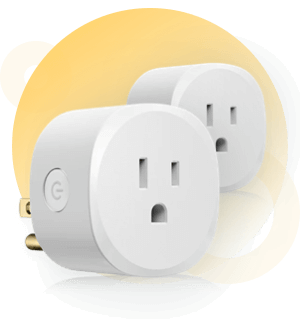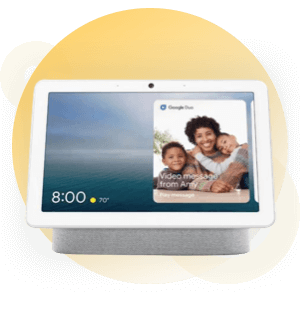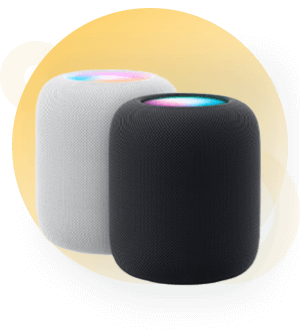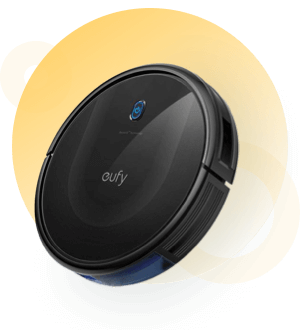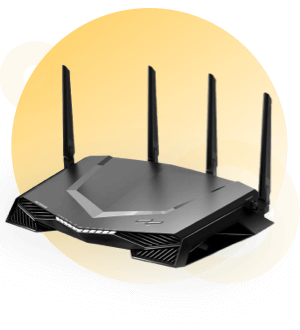Smart home automation is quickly becoming the norm in modern homes. With the rise of smart home devices, homeowners can now control their homes with just a few taps on their smartphones. From lighting to security systems, smart home devices are making life easier and more convenient for homeowners. In this blog post, we will explore the best practices and use cases of smart home automation.
Smart Home Devices
Smart home devices are the backbone of smart home automation. These devices are designed to make life easier and more convenient for homeowners. Some of the most popular smart home devices include smart thermostats, smart lighting, smart locks, and smart security systems. These devices can be controlled using a smartphone app, voice commands, or even through a smart speaker.
Smart Home Best Practices
Smart home best practices involve implementing and maintaining smart technologies in a secure, efficient, and user-friendly manner. Firstly, users should prioritize security by setting strong and unique passwords for their smart devices, keeping their firmware updated, and enabling two-factor authentication whenever possible. Regularly monitoring and reviewing device access and permissions is also essential to prevent unauthorized access. Secondly, homeowners should strive for interoperability by choosing smart devices that work seamlessly with one another and opting for a centralized smart home hub if necessary. This simplifies management and ensures all devices can be controlled from a single interface. Thirdly, optimizing energy efficiency is crucial, achieved by using smart thermostats, smart lighting with motion sensors, and employing automation to adjust energy-consuming devices based on occupancy and preferences. Lastly, users should educate themselves on the privacy policies of smart devices and consider disabling or limiting certain features that may raise privacy concerns. By adhering to these best practices, smart homeowners can enjoy a safer, more efficient, and enjoyable smart home experience.
Smart Home Use Cases
Smart homes offer a wide range of use cases that enhance convenience, security, energy efficiency, and overall living experience. Firstly, smart home use cases in home automation allow homeowners to control various devices with ease. For example, users can set up automation routines to turn off all lights, lock doors, and adjust the thermostat when they leave the house, saving energy and ensuring security. Similarly, automation can welcome residents with a well-lit and comfortable home when they return. Smart speakers and voice assistants play a significant role in these use cases, allowing users to control the entire smart home ecosystem through simple voice commands.
Secondly, smart home use cases extend to home security and surveillance. With the integration of smart cameras, motion sensors, and doorbell cameras, homeowners can monitor their property remotely and receive real-time alerts for any suspicious activities. Video doorbells enable users to see and speak with visitors even when they are not at home, enhancing security and providing a sense of control. Smart locks allow homeowners to grant temporary access to guests, service providers, or delivery personnel, eliminating the need for physical keys and ensuring secure entry.
Thirdly, smart home use cases include energy management and efficiency. Smart thermostats enable users to set customized heating and cooling schedules, adjust temperature settings remotely, and receive energy usage insights, resulting in reduced energy consumption and lower utility bills. Smart lighting with dimming and color-changing capabilities allows homeowners to create ambiance and save energy by adjusting brightness levels and choosing energy-efficient colors. Home energy monitoring systems provide real-time data on energy usage, empowering users to identify energy-hungry appliances and make informed decisions to optimize energy efficiency.
In conclusion, smart home automation is the future of living. With the right smart home devices and best practices, homeowners can enjoy a more convenient and secure lifestyle. By integrating intelligent devices and technologies, homeowners can enjoy a more convenient, secure, and energy-efficient living environment, transforming their houses into smart and connected spaces.
